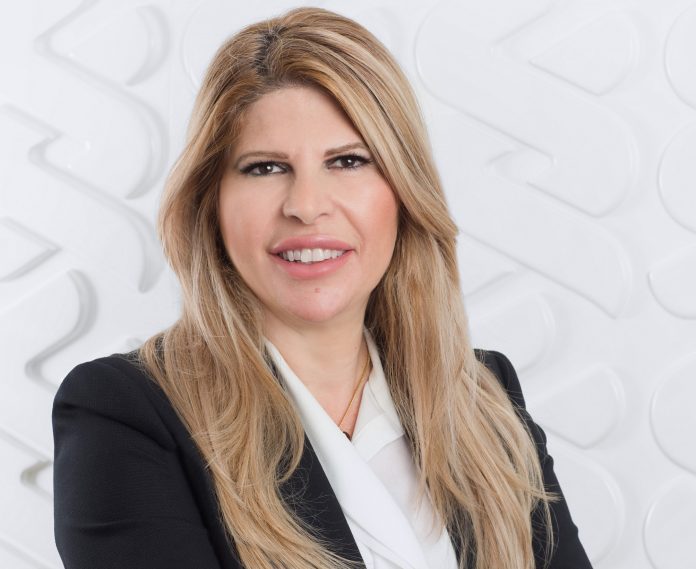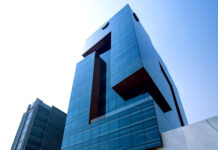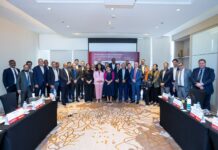Standard Chartered Bank announced today the successful closure of the region’s first transition trade finance facility for Lafarge Emirates Cement LLC, one of the largest cement producers in the UAE and a wholly owned subsidiary of Holcim Group.
The transition finance facility will support Lafarge Emirates Cement with their latest project, a Waste Heat Recovery system. This project will reduce Lafarge Emirates Cement’s reliance on using electricity from the grid to power their operations, thereby supporting their transition to cleaner power sources in line with Holcim’s target of being Net Zero by 2050. The transaction is in line with Standard Chartered’s commitment to providing USD 300 billion of green and transition finance by 2030 in line with the Bank’s commitment to being Net Zero by 2050 and is in line with the UAE’s industrial strategy to boost the industrial sector.
The Waste Heat Recovery solution is being provided by, one of the largest global players in electricity, natural gas, and energy services with a commitment to achieve net zero carbon emissions by 2045. This is also the first Waste Heat Recovery project in the UAE to use Organic Rankine Cycle (ORC) technology.
Commenting on the deal, Rola Abu Manneh, Chief Executive Officer, Standard Chartered UAE, said: “We are pleased to support one of the UAE’s largest cement producers with their journey towards Net Zero. This is in line with the UAE’s vision to achieve Net Zero by 2050 and is aligned to Standard Chartered’s global strategy of mobilising capital towards green and transition finance.”
She added: “This market-first transition trade finance facility is a result of our local expertise, international network, and robust Sustainable Finance Proposition. All of which were put together to support Lafarge Emirates Cement in their journey towards Net Zero.”
Olivier Milhaud, General Manager of Lafarge Emirates Cement, said: “We’ve made a commitment to building a net zero future for our people and planet, and this is one of the major milestones in our journey towards sustainability. The WHR project encourages the use of clean and environmentally friendly energy in our operations and also supports our global mission to build a net zero world.”











